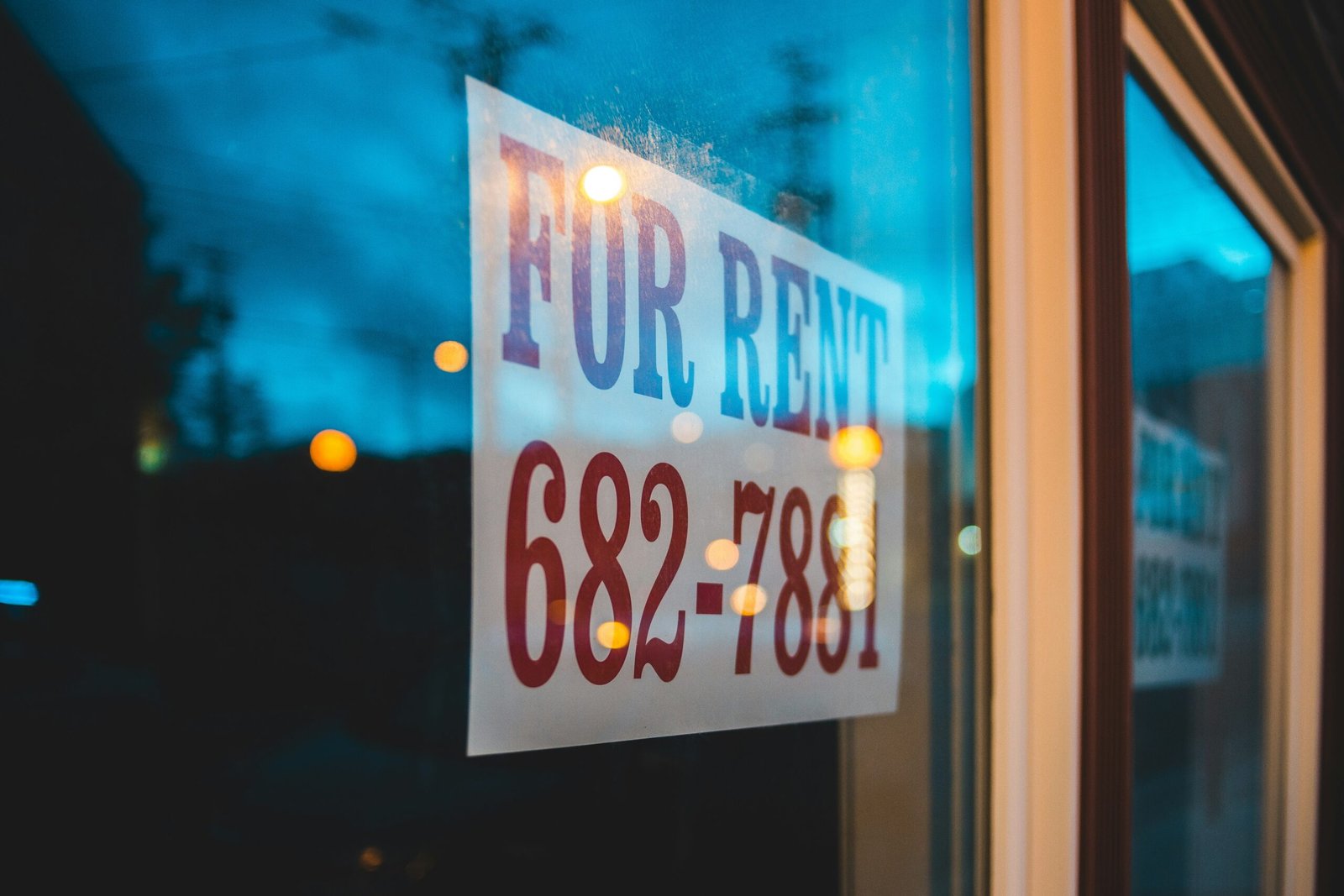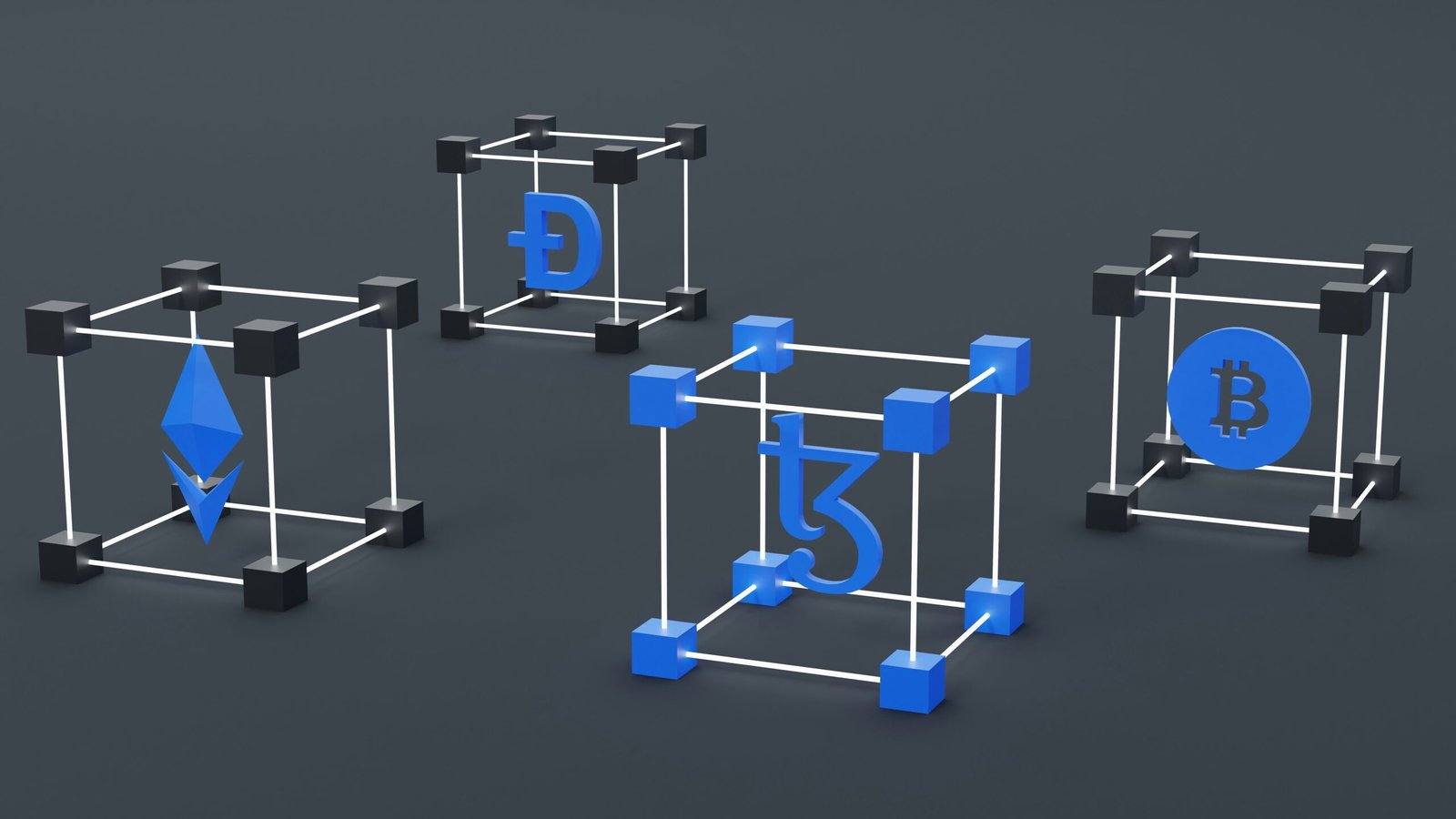House hacking is a popular strategy among real estate investors and homeowners looking to maximize their rental income. It involves living in one part of a property while renting out the other parts to tenants. This allows homeowners to offset their mortgage payments and generate additional income. In this article, we will explore some strategies for successfully implementing house hacking and maximizing rental income.
1. Choose the Right Property
When considering house hacking, it is essential to choose the right property. Look for properties that have separate living spaces or the potential to be divided into multiple units. This could include duplexes, triplexes, or properties with a basement or attic that can be converted into a separate unit.
Consider the location and amenities of the property. Properties in desirable neighborhoods or areas with high rental demand will attract better tenants and command higher rental prices.
2. Calculate Your Numbers
Before diving into house hacking, it is crucial to crunch the numbers and determine if it is a financially viable option. Calculate the potential rental income from the additional units and compare it to your mortgage payment, property taxes, insurance, and maintenance costs.
Factor in vacancy rates, repairs, and property management fees if you plan to hire a property manager. Ensure that the rental income covers all expenses and leaves you with a positive cash flow.
3. Screen Your Tenants
When renting out parts of your property, it is essential to screen your tenants thoroughly. Conduct background checks, verify employment and income, and check references. Selecting reliable tenants will minimize the risk of late payments, property damage, and eviction.
Consider implementing a rental application process and setting specific criteria for tenants. This could include a minimum credit score, income-to-rent ratio, and rental history.
4. Maximize Rental Income
There are several strategies you can employ to maximize your rental income:
- Rent Furnished Units: Furnished units can command higher rental prices and attract tenants looking for a move-in ready space.
- Offer Amenities: Consider offering amenities such as laundry facilities, parking spaces, or outdoor living areas to increase the desirability of your property.
- Charge for Utilities: If your property has separate utility meters, consider charging tenants for their usage. This can help offset your utility expenses.
- Renovate and Upgrade: Investing in renovations and upgrades can increase the value of your property and allow you to charge higher rents.
5. Stay on Top of Maintenance
Maintaining your property is crucial for attracting and retaining tenants. Respond promptly to repair requests and conduct regular inspections to identify any issues before they become major problems.
Consider hiring a reliable maintenance team or handyman to handle repairs and maintenance tasks. Regularly maintaining your property will help preserve its value and ensure tenant satisfaction.
6. Understand Legal and Insurance Requirements
When house hacking, it is essential to understand the legal and insurance requirements in your area. Familiarize yourself with landlord-tenant laws, zoning regulations, and any permits or licenses required for renting out parts of your property.
Ensure that you have adequate insurance coverage for your property, including liability coverage. Consult with an insurance professional to determine the appropriate coverage for your specific situation.
7. Consider Property Management
Managing a property can be time-consuming, especially when you have multiple units and tenants to deal with. Consider hiring a property management company to handle the day-to-day operations, including tenant screening, rent collection, and maintenance.
While hiring a property manager will incur additional costs, it can save you time and help ensure that your property is well-maintained and your tenants are satisfied.
In conclusion, house hacking can be an effective strategy for maximizing rental income. By choosing the right property, crunching the numbers, screening tenants, maximizing rental income, staying on top of maintenance, understanding legal and insurance requirements, and considering property management, you can successfully implement house hacking and generate additional income from your property.





